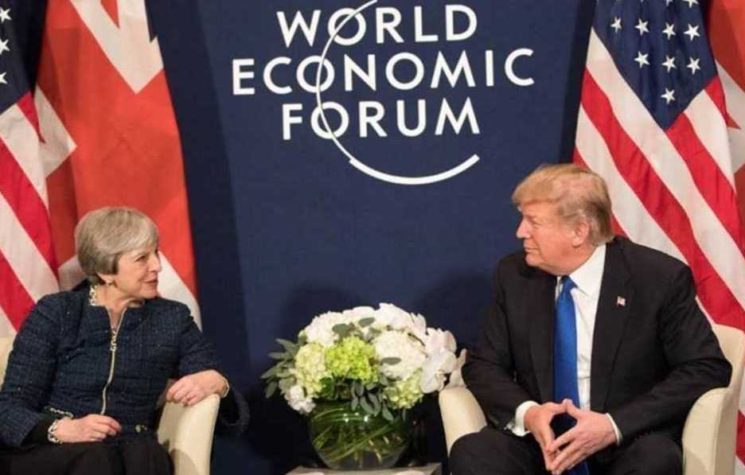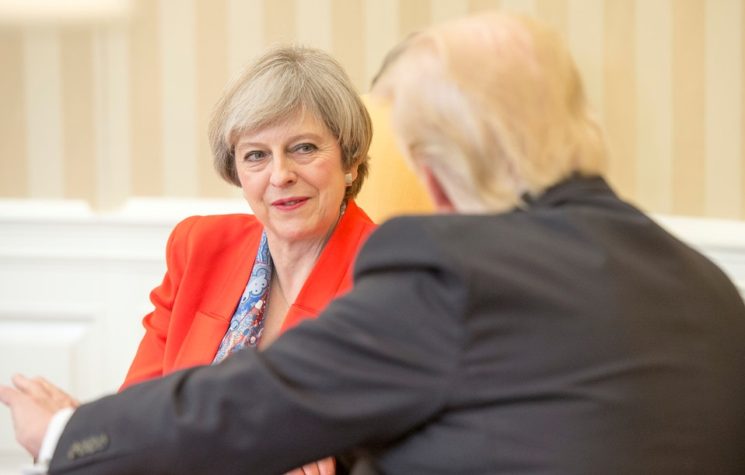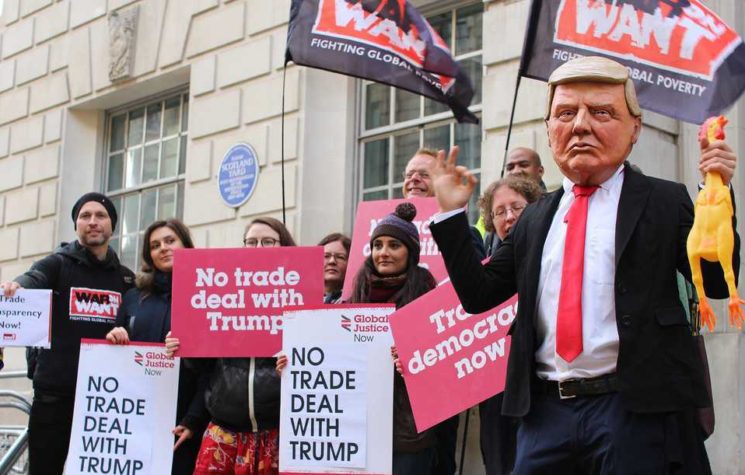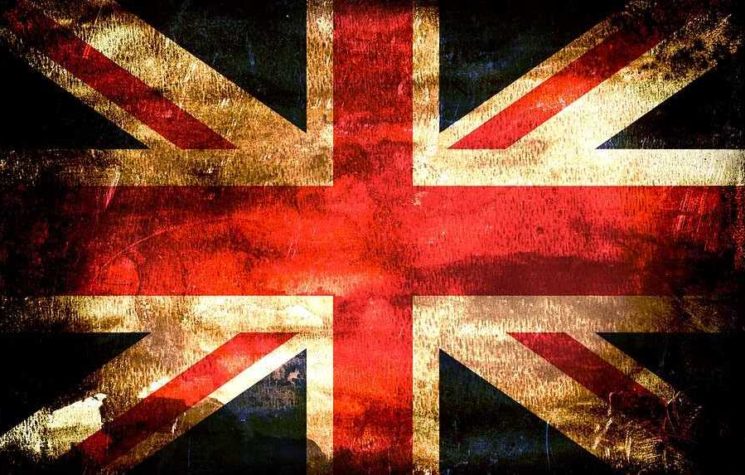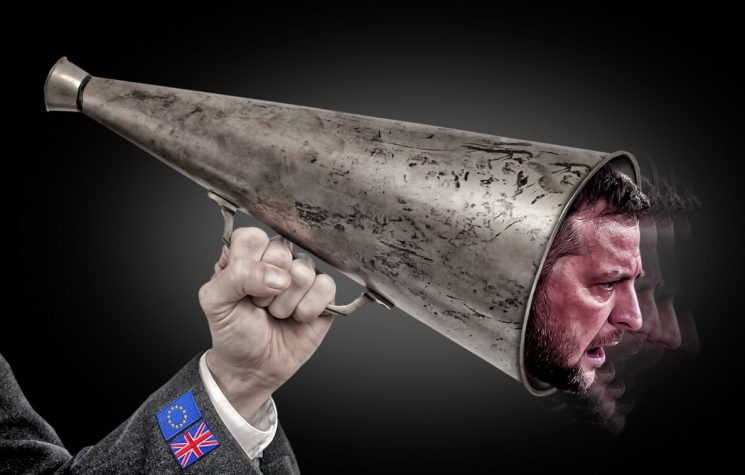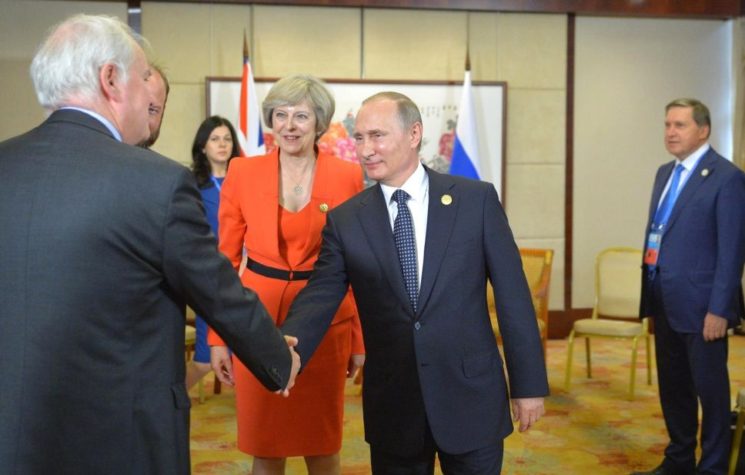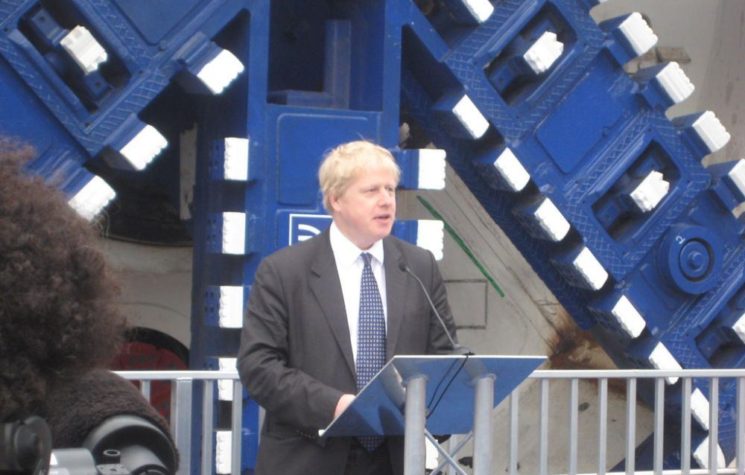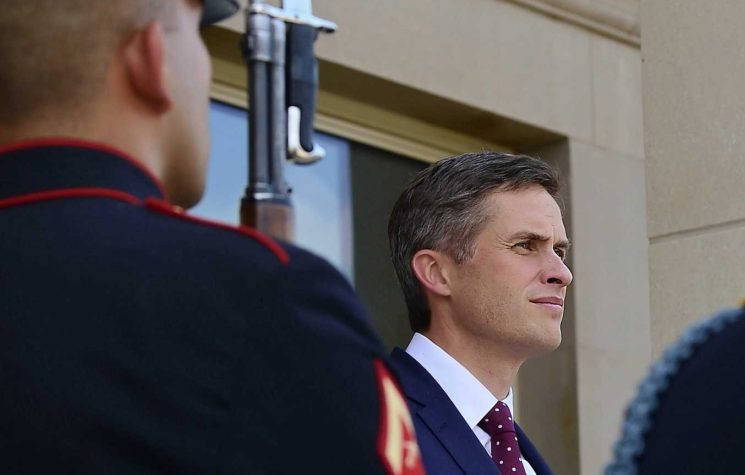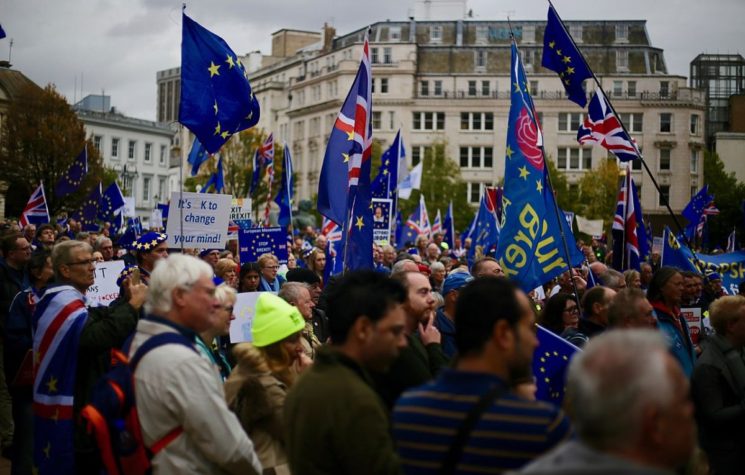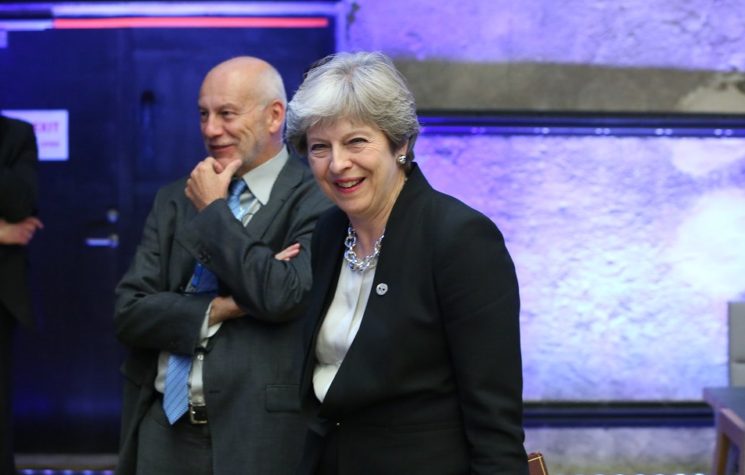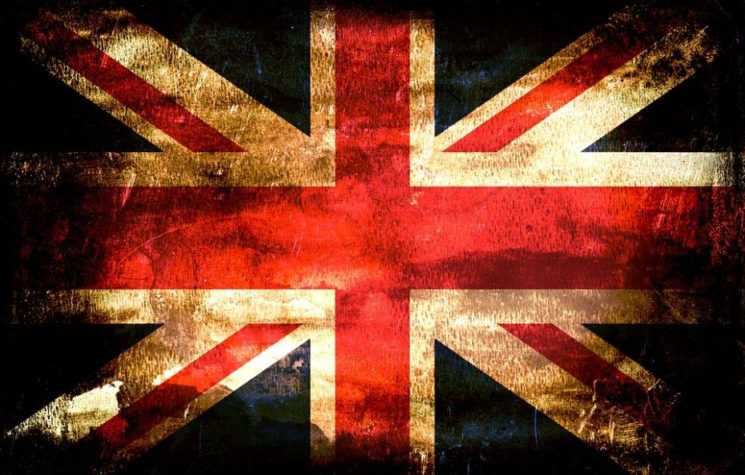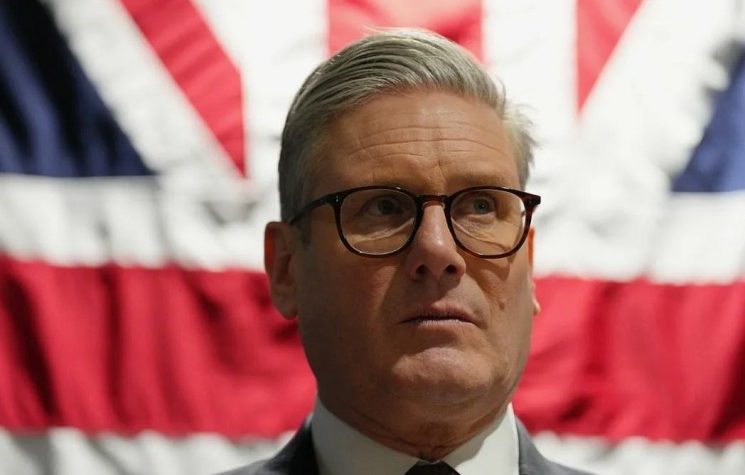The superlatives stack up when you take in the sheer scale and significance of the Trump official state visit to the UK. The Queen pulled out all the stops and made sure that Trump and his family were given the full nine yards of pomp befitting of a US president during what is very troubling times in both the UK and the world in general.
But if you can wade through the tomes of what commentators are taking on board just to analyze what is actually happening – and you can turn away from the protests and the impressive creativity of British protestors who hate Trump – you are left with the simple question: who is the real winner? The UK or Trump?
Much is written about the ‘special relationship’ between the US and Britain and how, historically, both countries have stood by one another’s sides but in reality, despite the enormous fanfare and media bandwidth the trip is swallowing up, there is really very little if anything for Britain to extract from the unprecedented visit.
Although Trump was invited by the Queen, this hasn’t deterred him from capitalizing on the visit to promote himself for his reelection bid in 2020. Every single shot, every angle, every sound bite was crafted for the cameras; even Trump’s speech, a glowing appraisal of Queen Elizabeth II, was written for the sole purpose of making Trump, essentially, look like a Brit. A cynical viewer of the speeches might have noted how the Queen referred to his own Scottish ancestry (was that requested by his people?) as the British monarch might be hoping that Trump can help Britain during what are tumultuous times of uncertainty over Brexit.
Yet the massive PR campaign is only going to work for Trump and his campaign to get re-elected. Even the visit to Westminster Abbey and the laying of the wreath on the tomb of the unknown soldier will be very well received by religious conservatives back home – a new target group of Trump’s. And the D-Day ceremony, no doubt, will work wonders for any members of the US military which might have been considered floating voters.
Historically, the special relationship between the UK and the US is really nothing more than an urban myth which has new life forced into it when both Washington and Westminster concurrently need it to serve their political purposes. George W Bush played this card brilliantly with Tony Blair who supported his erroneous venture in Iraq in 2003, based on entirely fabricated intelligence; Blair reciprocated by giving a glowing speech about the special relationship at the state of the union speech in the same year, bringing tears almost to the US president’s cherub like cheeks.
But where was the special relationship when the Falklands was invaded in 1982 by Argentinean forces loyal to a south American despot which Washington didn’t want to upset? Or indeed, where was that same special relationship, going further back, in 1965 when the US began a war in Vietnam, where a US president was told quite defiantly by Harold Wilson, that British soldiers would not be heading there? Even when the special relationship was managed by Churchill, it took the Japanese bombing of Pearl Harbour to bring America into WWII, after Britain took a beating of well over two years by Germany. Some chicken. Some neck.
And where is the special relationship now, today, when Trump’s moronic meddling in the Middle East, hoping to manufacture a war with Iran, will only destabilize the region and set back UK interests? Where is that same special relationship where Trump is threatening Britain over its 5G telecoms deal with Huawei – where the UK might be kicked out of the intel sharing ‘five eyes’ community?
The special relationship is really not special at all. But even if Trump wants to help the UK, there really isn’t too much there for him to even grapple with in the first place.
The Queen may well believe that Trump can break a political deadlock over Brexit and bolster Britain’s negotiating edge with the EU, but given that his track record in North Korea, Venezuela, China and Iran, it’s hard to imagine how his own unique ‘Midas Touch’ can help Britain. The truth is that even if Trump got involved, he would probably make the situation with the EU worse than it presently is.
Much hope is placed on Trump also conjuring up a new US-UK trade deal, but what pundits often miss out then they espouse such lofty ideas is that is won’t be Trump that ultimately signs that off – if it is to happen – but Congress. Trump may well put his weight behind the idea, but the detachment of Trump from Congress and in particular the Democrats, will be a deal breaker.








